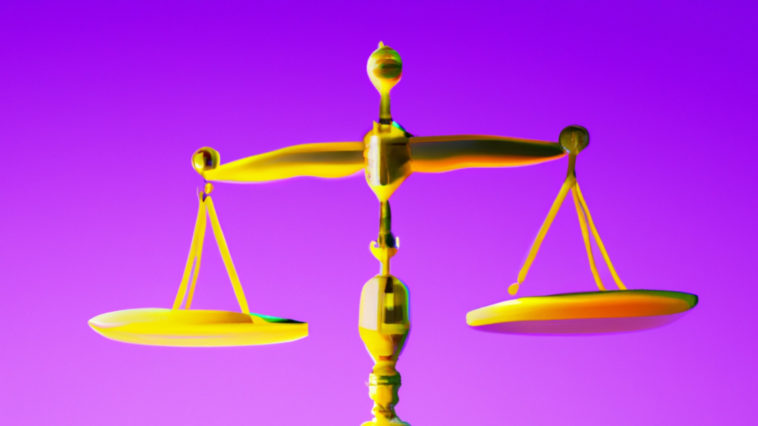- SushiSwap, SafeDAO and Uniswap have all altered their legal structures in recent months
- New DAO legal structures are functionally very similar to LLCs, crypto lawyers say
Major DAOs are moving to adopt legal structures as regulators ask tough questions about their legal liability.
Crypto trading platform SushiSwap just announced a new three-part legal structure for its DAO and developer team. Earlier this week, Gnosis’ SafeDAO passed a Snapshot proposal that “limits the liability of SafeDAO participants” in case the DAO gets in legal trouble. Uniswap launched a foundation back in August that provides a clearer view of who is behind the DAO.
As crypto familiarizes itself with regulators, DAOs are starting to adopt legal structures to try and get ahead of any compliance issues down the line.
The legally compliant DAO era could be accelerated when a decision is reached in the CFTC’s case against Ooki DAO for running an unregistered derivatives exchange. The case marks the regulators’ first lawsuit against a DAO, likely warning others in the space that they should step up their compliance efforts.
As regulators’ patience with DAOs runs thin, “many building in DeFi are running to whatever structures they can find to protect themselves,” Mike Wawszczak, general counsel at Alliance, told Blockworks in a Telegram message.
These slapped-together legal structures can cause DAOs to centralize, which is a shame, Wawszczak said, because “decentralization is the whole point.”
Still, that DAOs are reckoning with liability should be a relief to DAO participants.
“[Legal] wrappers provide some degree of comfort relative to a regimeless DAO,” Michael Selig, crypto lawyer at law firm Willkie Farr & Gallagher, said in a message on Twitter.
And as crypto builds a financial system from the ground up, DAOs are in a sense discovering a building block of modern corporations — the limited liability corporation [LLC].
When corporations emerged as business structures, “the key feature of an organizational structure that was appealing from the perspective of capital formation was limited liability,” Brian Frye, a law professor at the University of Kentucky, said. “The dominant legal organizational form is actually the LLC at this point.”
Efforts to encourage the formation of DAO LLCs, such as Wyoming’s recent law, have been mostly unsuccessful. Wawszczak said DAO laws are unhelpful when organizations under the term are so amorphous — from centralized entities hoping to become a DAO to software using token voting to settle disagreements over upgrades.
Different DAOs “would use and deploy LLCs differently, and those who interact with [DAOs] might use LLCs themselves” in the same way freelance workers can use LLCs, Wawszczak told Blockworks.
But until DAOs adopt a clearer definition, Frye thinks US regulators should focus on the teams behind DAOs rather than token holders, as the CFTC indicated in its case against Ooki DAO.
“In a lot of ways, [token holders] are the retail investors that the regulators are, among other things, tasked with protecting,” Frye said.
Get the day’s top crypto news and insights delivered to your inbox every evening. Subscribe to Blockworks’ free newsletter now.

GIPHY App Key not set. Please check settings